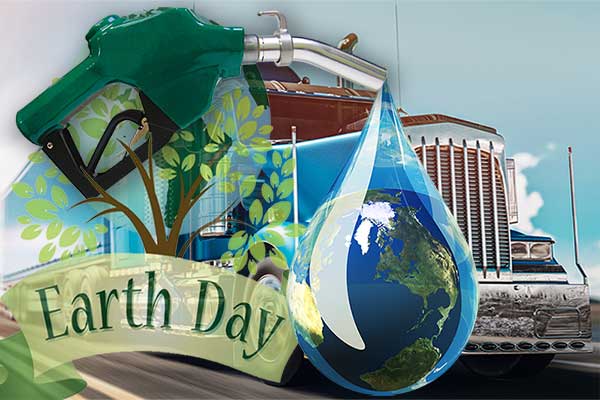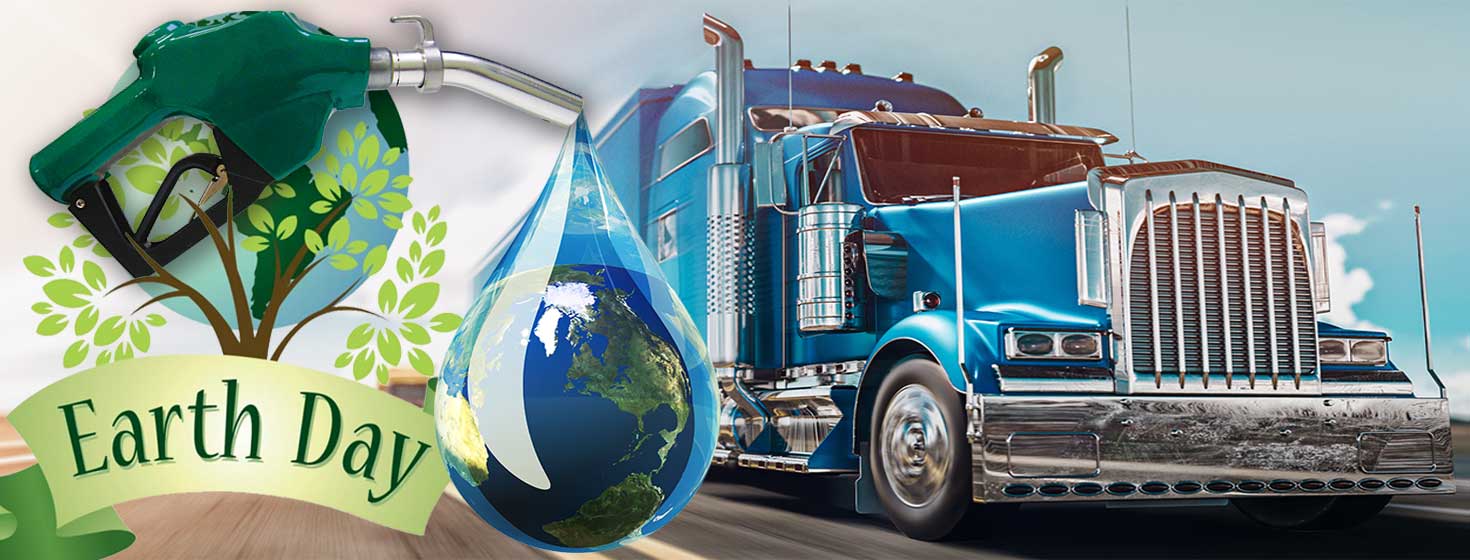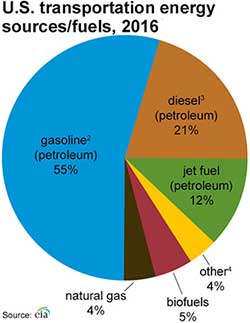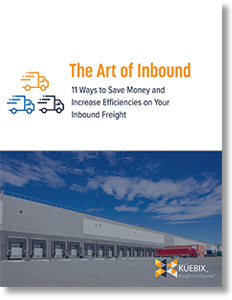U.S. Senator Gaylord Wilson, from Wisconsin, witnessed the effects of a massive oil spill along the California coast in 1969, motivating him to bring attention to the environment.
He established the first Earth Day on April 22, 1970.
It was wildly popular, sparking national interest, so popular that Congress established the US Environmental Protection Agency and passed the Clean Air Act, Clean Water Act and Endangered Species Act that same year.
Since Earth Day began, it has expanded globally to over 192 countries – all working together to raise awareness for sustainability and protection of the Earth.
The 50th Anniversary of Earth Day will take place two years from now on April 22, 2020. Be a part of the Earth Day Network’s mission to broaden, diversify, and mobilize the international environmental movement.
Logistics is at the heart of the U.S. economy, without shipping our country would come to a standstill.
The majority of American businesses rely heavily on an enormous amount of diesel fuel each year.
According to the ATA (American Trucking Associations)
Fuel Consumption
3 billion gallons of fuel consumed by those trucks used for business purposes in 2016
- 8 billion gallons of diesel fuel
- 5 billion gallons of gasoline
The trucking industry spent $105.2 billion buying diesel fuel in 2015
Diesel fuel is often the second highest expense for motor carriers after labor and can be as much as 20% of total operating costs.
Not only is fuel an expensive commodity for companies to purchase, it also has huge implications for the environment. Shippers can have a real impact on CO2 emissions by reducing the amount of fuel they consume.
One of the easiest ways for companies to achieve this is to ensure that their trucks are always as full as possible, and their delivery routes are optimized.
Kuebix is helping shippers meet their sustainability goals by facilitating the consolidation of LTL shipments into FTLs when possible.
SupplierMAX, Kuebix’s program for streamlining inbound operations, helps shippers standardize a set of carriers to enable loads to be consolidated as a regular practice. An excessive number of inbound deliveries leads to higher emissions, greater idling times and increased unloading costs.
Fewer trucks on the road mean a decrease in fuel consumption and overall lower costs. It’s a win for suppliers, shippers, and the environment!
Shippers can do their part to improve air quality by reducing the number of trucks they have on the road. A robust transportation management system like Kuebix TMS helps to facilitate the creation of an optimized transportation strategy.
To honor Earth Day 2018, any shipper can begin to meet their sustainability goals by improving their supply chain efficiency with the help of Kuebix TMS.
Related: What Is A Transportation Management System?
Related White Papers & eBooks
The Art of the Inbound: 11 Ways to Improve Your Inbound Shipping Operations New!
This ebook provides a guide to benchmark your company against best practices in the transportation and shipping industry and helps to put together a strategic approach to capitalizing on the opportunities to manage the “art of the inbound.” Download Now!
The Complete Buyer’s Guide to Transportation Management Systems
There is almost no limit to how a Transportation Management System can benefit your unique supply chain, but the key to success is finding the right one for your goals, so, before selecting a TMS, use the 12 questions in this buyer’s guide to find the best solution for your company. Download Now!
Effectively Managing Big Data in Your Supply Chain
In this white paper, we’ll explain what the term “big data” means to the typical supply chain, introduce effective strategies for managing and leveraging that data, show how one grocer is using predictive analytics to harness its own big data, and explain the “first steps” that companies need to take down the path to effective management of their big data. Download Now!
More Resources from Kuebix
Article topics
Email Sign Up






















